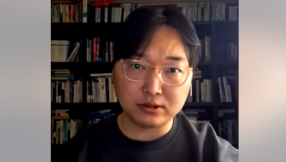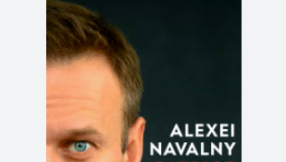
An alarming new report by the Children's Commissioner, Dame Rachel de Souza, has revealed the devastating extent of children's exposure to pornography.
The report is drawn from a survey of 1,000 young people and focus groups with teenagers aged 13 to 19.
While the average age at which children in the UK first see pornography is 13, the survey showed that 10% had seen it by age nine and over a quarter (27%) by the time they were 11.
A fifth of males aged 16 to 21 had viewed porn at least once a day in the two weeks prior to the survey.
"This is suggestive of a dependency which carries its own risk of interrelated harms," the report said.
The report warns that pornography exposure is "widespread and normalised" and that young people are "frequently" exposed to violent forms depicting "coercive, degrading or pain-inducing sex acts".
A staggering 79% of young people surveyed had encountered violent pornography before the age of 18.
Over a third (38%) said they had stumbled across it accidentally, but half of all survey respondents (58% of boys and 42% of girls) aged 16 to 21 said they had sought it out.
Over three quarters of 18 to 21 year olds said they had seen sexually violent pornography before turning 18. Over a third (36%) of young adults said they had sought it out and the report found that the majority of the violence was perpetrated against women.
"Early exposure to pornography and frequent pornography consumption significantly increased the likelihood of viewing sexually violent content, depicting aggression, coercion or degradation," the report said.
Young people were most likely to have viewed porn on Twitter (41%), followed by dedicated pornography sites (37%), Instagram (33%), Snapchat (32%) and search engines (30%).
Over half of girls aged 16 to 21 (51%) had been sent or shown 'self-generated' porn involving someone they knew in real life, compared to a third of boys.
Commenting on the findings, Dame Rachel said they made clear the "urgent" need for action to protect children from the harms of online pornography.
"Let me be absolutely clear: online pornography is not equivalent to a 'top-shelf' magazine," she said.
"The adult content which parents may have accessed in their youth could be considered 'quaint' in comparison to today's world of online pornography.
"Depictions of degradation, sexual coercion, aggression and exploitation are commonplace, and disproportionately targeted against teenage girls.
"I am deeply concerned about the normalisation of sexual violence in online pornography, and the role that this plays in shaping children's understanding of sex and relationships."













